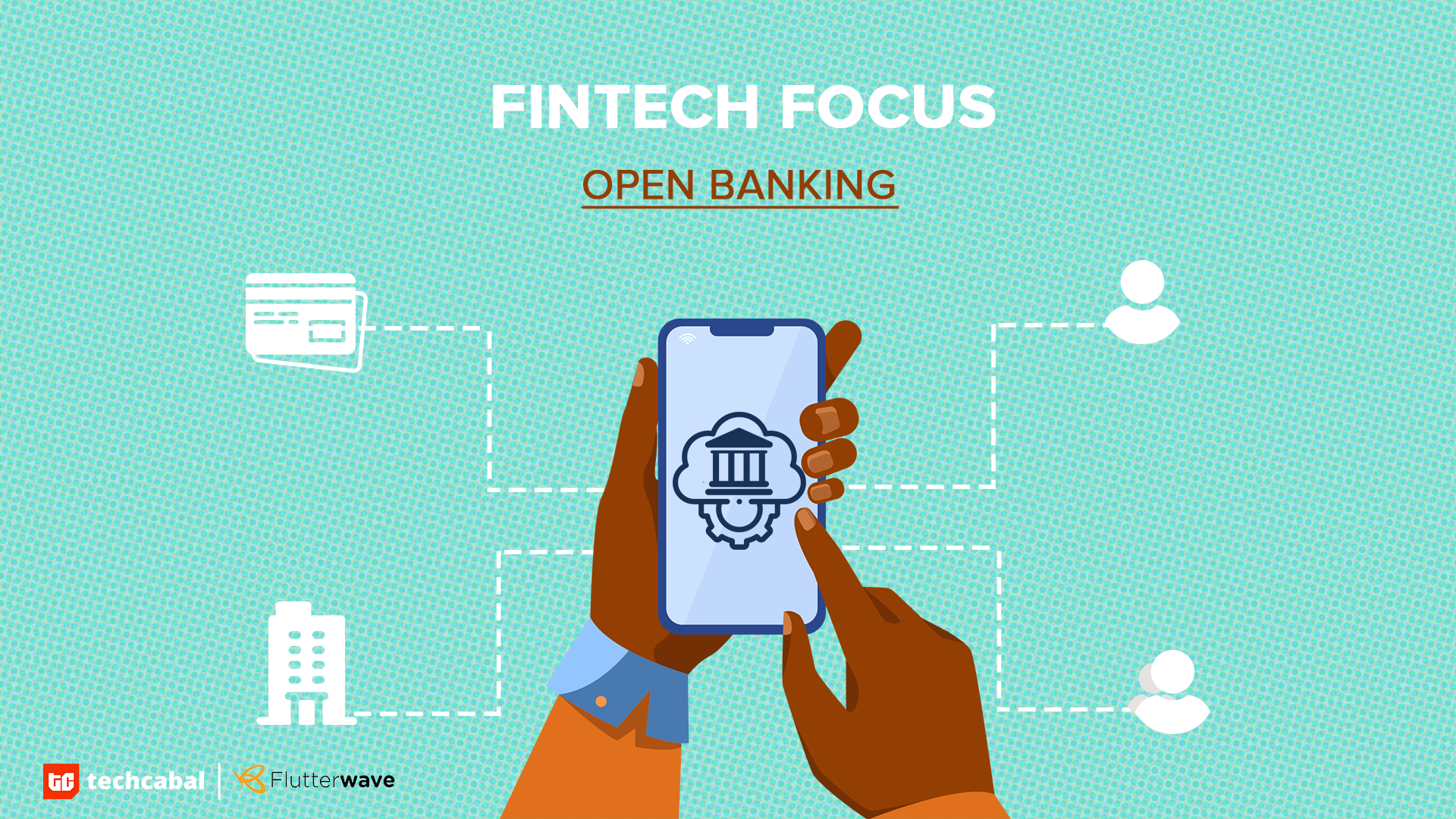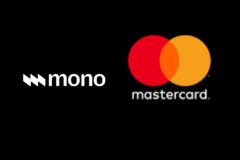Nigerian banks sit on an inventory of consumer data that fintech startups in the country can only dream of.
With more than 70 million active bank customers in Nigeria, banks possess valuable big data, consisting of demographic, personal, and professional information of clients as well as transaction history, consumption patterns, and movements.
There’s so much that can be done with this data. For instance, lenders can segment their client base to offer personalised savings or loan offers. The data can also be deployed in targeting Nigeria’s huge unbanked population with customised services, based on similar profiles to existing clients.
But very few, if any, legacy banks in Nigeria actually go out of their traditional ways to innovate using the rich data reserves. However, banks can share the data with third parties that have better capabilities to use them, and that’s the premise of Open Banking.
What is Open Banking?
Open Banking is an emerging global practice of data sharing between banks and other stakeholders in the ecosystem; including third-party financial services providers (TPPs), fintechs, and other institutions.
By sharing one another’s datasets, the companies can better understand their target markets, acquire more customers, and build out new customer-centric products and services or improve on existing ones.
Ifeoluwa Orioke, the Chief Commercial Officer at Flutterwave, explains to TechCabal that one of the ways customers can benefit from open banking is by accessing loans tailored to their needs.
“A lender can understand your credit score from your transaction history and tailor specific credit facilities to you. Or for instance, interest repayments for a farmer whose income is in seasons, and not months, can be structured around the harvest season.”
While these are viable use cases, Open Banking is more effective for driving financial inclusion in Nigeria. As of the end of 2020, over 36% of the adult Nigerian population (or 38 million adults) were unbanked.
Banks don’t have incentives to target rural areas, where most of the unbanked population resides. In their place, fintech firms are extending access to financial services in these areas through agent networks and mobile money wallets.
However, fintechs need to integrate data with banks before they launch agent locations. A common standard for both parties to share information is needed to help speed up integration.
Open Banking introduces this common standard, via uniform Application Programme Interface (API), which banks and fintechs all have access to. It aids the latter’s efforts to reach the financially excluded or underserved.
“Open Banking is a major step forward in solving restricted access to financial services in Nigeria,” said Orioke. “Those who do not have bank accounts can participate in the financial ecosystem via Fintechs. Fintechs can provide improved solutions and personalised services to these people by processing data from banks.”
Open Banking Nigeria, a private initiative building a common standard for Open Banking APIs in Nigeria, has, to an impressive extent, helped standardise API access, thereby easing the process of integration between fintechs and banks.
Nigeria’s central bank also recently launched draft regulations for Open Banking, which establishes principles for data sharing across the banking and payments ecosystem.
Win-win for all
According to Orioke, the Open Banking idea is a win-win for all parties involved in the ecosystem; banks, fintechs, TPPs, the banked, and the unbanked populations.
With vast and detailed consumer data gathered over the years, Open Banking provides value creation opportunities for innovation-friendly banks.
Fintech companies, with access to bank data, could better serve existing customers and even acquire new users in the process.
“Open Banking equally creates more options for existing customers and could bring in more people into the banking system, simply by tailoring solutions to their needs,” notes Orioke. “With more customer personalisation comes improved trust in the financial services industry.
Outside financial services, Open Banking has the potential to impact all aspects of the customer’s life, seeing as every activity is connected to finance; whether hospitality, healthcare, or insurance.
“It can also increase the profitability of all participating parties (including the banks), reduce cost and improve customer experience. Open Banking could be the ultimate solution to all current difficulties with access to financial services in Nigeria,” Orioke said.
Considering its numerous benefits and rapid adoption, Open Banking could potentially revolutionise the financial services ecosystem in Nigeria and go down as one of the most important innovations in the financial inclusion drive.
If you enjoyed reading this article, please share it in your WhatsApp groups and Telegram channels.





















